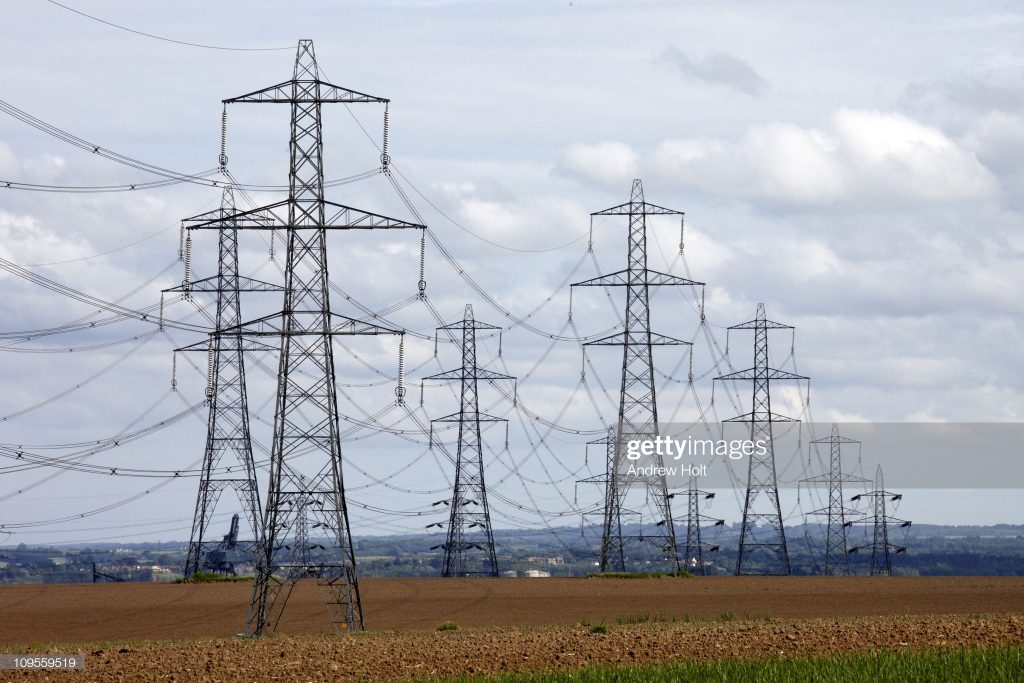In a unanimous vote, the Texas Senate passed a bill intended to protect electric power users from high energy costs and power grid unreliability caused by the inconsistent flow of energy and grid stress.
The bill requires electric power generating companies—not rate-paying consumers and businesses—to bear the costs associated with shoring up grid reliability by increasing dispatchable, or on-demand, power supplies.
Senate Bill 7 (SB 7), part of a package of electric grid reform-related bills, was sponsored by Texas state Sen. Charles Schwertner (R-Georgetown). The bill’s stated purpose is to make electricity generators guarantee power is supplied when it is needed, which can be accomplished if sufficient dispatchable power is maintained.
Texas Freeze Spurs Demand for Grid Reform
The bill package is partially in response to power outages that led to deaths during a winter storm in 2021, in which wind and solar failed to provide almost any power, and the Electric Reliability Council of Texas (ERCOT), the state grid operator, mishandled the management of natural gas infrastructure.
The text of the bill makes this clear, stating that ERCOT must do at least annual analyses of the grid to make sure there is enough power in the future during extreme weather, or when renewables fail.
“[ERCOT] at least annually, determines the quantity and characteristics of ancillary or reliability services necessary to ensure appropriate reliability during extreme heat and extreme cold weather conditions and during times of low non-dispatchable power production in the power region…” the bill states.
Additionally, Texans lost power in the summer of ’22, when wind speeds dropped for days due to a heat dome over the state and no electricity flowed from Texas’ expansive wind facilities.
The bill is necessary because both dispatchable and non-dispatchable power sources have failed Texas in times of crises, said Schwertner in a press conference.
“We have to have generation that performs when it’s critically necessary, and that’s dispatchable generation that can be counted on when the wind is not blowing and the sun is not shining,” said Schwertner. “You look at the performance of dispatchable and non-dispatchable assets during crises, it is absolutely critical that we re-level the playing field and balance out that market.”
Costs Laid on Generators, not Consumers
To shore up grid reliability and dispatchable power during emergencies or shortfalls, SB 7 requires power generators to cover the costs of maintaining and operating ancillary or reliability services based on their contribution to grid variability.
The closer a power unit’s output over a quarter matches its rated capacity and historical average, the less it owes to shore up the grid. Because forced outages are typically small for traditional power sources, they are expected to have to pay little to nothing to shore up grid reliability. By contrast, because there is typically a huge disparity between the rated capacity and actual power generation of non-dispatchable power sources, primarily wind and solar, over a quarter, those sources face a substantial increase in costs to shore up the grid; costs which can’t be passed on to general ratepayers.
SB 7 is written to ensure the costs associated with trying to stabilize the grid amid added weather-dependent sources like wind and solar are not passed to the ratepayers, said Brent Bennett, policy director of Life:Powered at the Texas Public Policy Foundation (TPPF), in a press release after the bill passed.
“Requiring unreliable electric generators to firm up their energy supply during times of electric grid stress will ensure that those generators are responsible for the increased costs, not ratepayers,” said Bennett. “Holistic cost allocation of reliability services, as outlined in Senate Bill 7, will improve price signals for reliability and ensure more dispatchable generation is maintained and built.”
Government Support Grows Intermittent Power
Intermittent energy sources like wind and solar are becoming a larger part of Texas’ grid because of government support and utilities that see it as a way of increasing profits, but the costs associated with its unreliability should not be passed to consumers, said Jason Isaac, director of TPPF’s Life:Powered initiative, in the press release.
“The burden of unreliable electric generation in the ERCOT market and the associated higher costs should be borne by the generators that cause it,” Isaac said. “We applaud Sen. Charles Schwertner for his work to protect ratepayers and help level the playing field between more and less reliable generators.”
SB 7 was awaiting action in the Texas House of Representatives at the time this story was written. Because Gov. Greg Abbott has made it clear that grid reform is a top priority, he is expected to sign the bill if it reaches his desk.
Linnea Lueken (llueken@heartland.org) is a research fellow with the Arthur B. Robinson Center on Climate and Environmental Policy at The Heartland Institute.
For more on Texas energy, click here.
For more on renewable power problems, click here.
